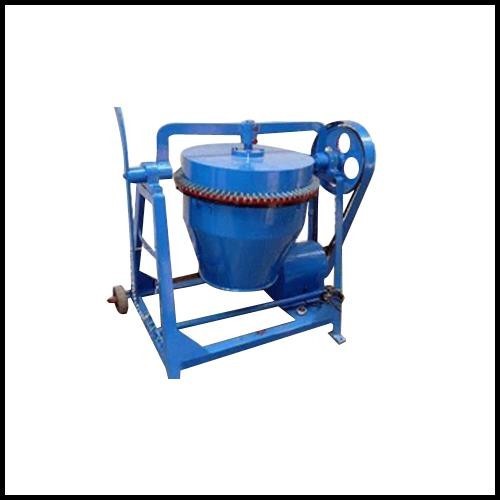
A Laboratory Concrete Mixer is a specialized piece of equipment used in laboratory settings to prepare small batches of concrete with precise control over the mix proportions and consistency. These mixers are essential for research, quality control, and testing purposes, where accurate and repeatable mixing is critical.
- Capacity:
- Laboratory concrete mixers are typically smaller in size, with capacities ranging from a few liters to several tens of liters. The size depends on the specific requirements of the tests being conducted.
- Mixing Mechanism:
- Drum Mixers: These mixers have a rotating drum where the concrete ingredients are placed. The drum rotates on a horizontal or inclined axis, and the concrete is mixed by the tumbling action.
- Pan Mixers: These have a stationary pan with rotating blades or paddles that mix the concrete. Pan mixers are often preferred in laboratories due to their ability to produce a more consistent mix and handle stiffer concrete mixtures.
- Tilting Drum Mixers: These mixers have a drum that tilts to discharge the mixed concrete. They are commonly used when larger samples are required.
- Control and Precision:
- Laboratory mixers often come with precise controls for speed and time, allowing the operator to replicate specific mixing conditions. This is important for research where consistency in the mix is crucial for reliable test results.
- Materials and Durability:
- The materials used in laboratory mixers are designed to withstand the abrasive nature of concrete. The drums or pans are typically made of stainless steel or other durable materials to prevent corrosion and wear.
- Portability:
- Some laboratory mixers are designed to be portable, allowing them to be moved easily around the lab or to different testing stations.
- Research and Development: Used to develop new concrete mixtures, additives, and admixtures.
- Quality Control: Ensures that concrete batches meet specific standards before large-scale production.
- Educational Purposes: Used in academic institutions for teaching students about concrete properties and mix design.
- Material Testing: Prepares concrete samples for various tests, including compressive strength, workability, and durability assessments.
The laboratory concrete mixer is an indispensable tool in the field of civil engineering and materials science, providing the precision and control necessary for developing and testing high-quality concrete mixes.